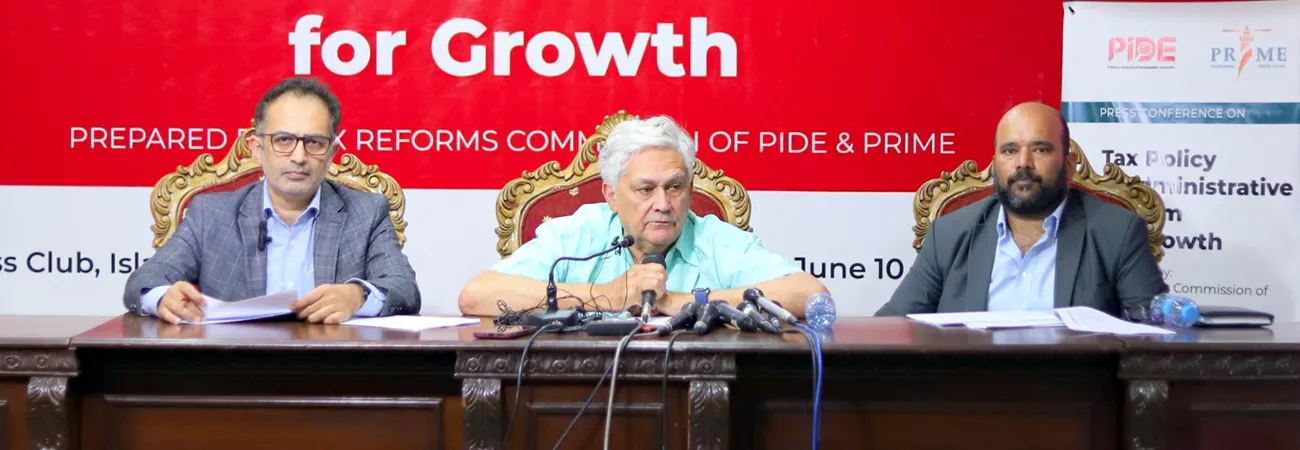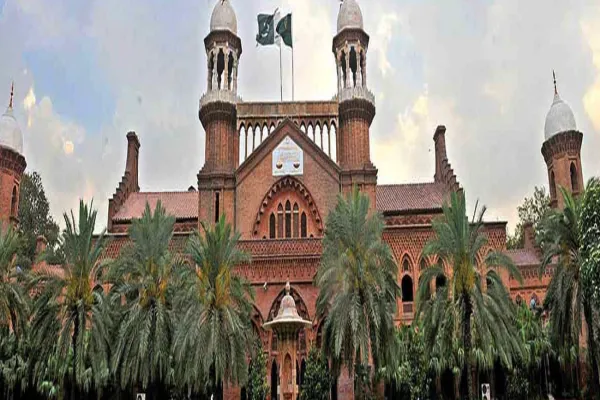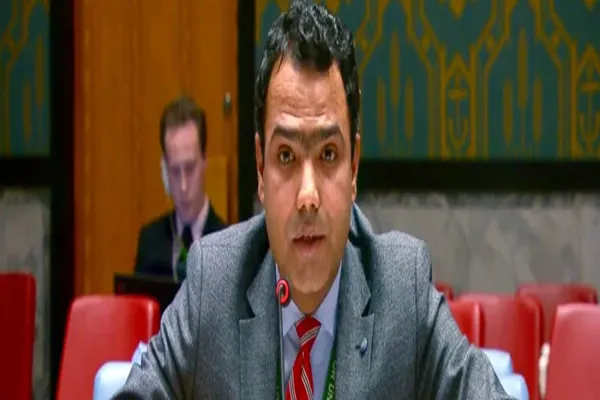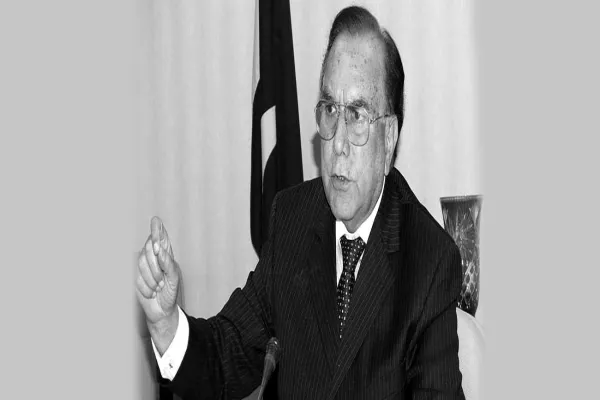i NEWS PAKISTAN
The Pakistan Institute of Development Economics (PIDE) and the Policy Research Institute of Market Economy (PRIME) have collaborated to form a Tax Reforms Commission, comprising several eminent thinkers. Currently, tax is a crucial issue in the media, and our lenders prioritize revenue collection over growth and employment. The commission highlights several flaws in the existing tax system. It is neither citizen-friendly, transparent, stable, nor predictable. Faced with increasing budgetary difficulties, reliance on ad-hoc measures has grown, leading to arbitrary withholding income taxes, turnover taxes, taxes on deemed incomes, and arbitrary revisions of tax rates. Approximately 68% of revenue is collected through excessive use of withholding and minimum tax regimes. The fragmented system, with numerous exemptions and rates, creates complexity and confusion for taxpayers. Problems include a broken refund system, high compliance costs, and a predatory Tax Authority.
The budget period is marked by extreme uncertainty and speculation due to this approach to taxation. This arbitrary approach has resulted in numerous court cases and reversals of initiatives. More taxes are not the solution to deep structural fiscal policy issues where expenditure control is not possible. According to the press release issued by PIDE, these statements were made during a press conference at the National Press Club in Islamabad, where Dr. Nadeem ul Haque, Vice Chancellor of PIDE, Dr. Ali Salman, Founder of PRIME, and Dr. Mahmood Khalid, Senior Research Economist at PIDE, addressed the audience. They further stated that our approach emphasizes developing a predictable tax policy to build trust between citizens and the government. Key recommendations include simplification and harmonization of the tax system to facilitate taxpayers and ease tax payments, which is more effective than arbitrary measures imposed annually.
Eliminating categories such as filer/non-filer and registered/unregistered for sales tax alone would compensate for many arbitrary tax measures. Reducing reliance on revenue collection through tariffs, additional customs duties, and other arbitrary measures has eroded confidence and closed the economy, leading to declining investment and growth. Long-term goals should include openness with low tariffs, not arbitrarily disturbed by any government. Automation and digitization to eliminate direct interaction between taxpayers and the tax authority are crucial. Transparency and digitization are key for tax administration, along with necessary changes in human capital and FBR service organization. The Commission has worked tirelessly to ensure that reforms will not result in revenue loss and will lead to revenue growth. The proposed policy relies on simplification, harmonization, and improved FBR administration through digitization.
Conservative estimates suggest direct revenue gains of at least Rs 4 trillion in the first three years, with significant benefits to the economy in terms of higher investment, growth, and job creation. Key problems and recommendations highlighted by the Commission include: reliance on tariffs is outdated. Pakistan has become increasingly isolated due to a closed economy. Strong policy commitment to openness is necessary to benefit from global trade. Decreasing tariffs has shown positive impacts on revenues and substantial reductions in smuggling and mis-invoicing. Zero-rated import of plant and machinery, industrial raw materials, and intermediate goods should be implemented. Withdrawal of regulatory duty (RD), additional custom duties (ACD), and withholding income tax on imports is also recommended. The decades-old GST/VAT agenda needs to be firmly implemented.
Problems with sales tax registration, harmonization, digitization, and the refund system should be resolved this year. Key reforms include harmonization of GST/VAT and no new exemptions on GST except in areas such as education and health. A fully functional GST/VAT system must be a performance goal for FBR with consequences. With a good GST in place, we should consider lowering the rate. Existing literature indicates that countries like India, Georgia, and Mexico, which shifted from high GST (17 to 19%) to VAT with a low rate (7 to 10%), have experienced an immediate positive impact on the tax-to-GDP ratio by 3 to 4%. PIDE research shows that in the short run, on average, a 1% increase in GST increases revenues by 2%, while in the long run, FBR revenues tend to decrease by 4% rates. Over the long run, the goal should be a gradual reduction of VAT to 10%. Taxing all incomes equally and facilitating corporatization is crucial.
There should be no new exemptions in the income tax system, and all sources of income need to be taxed. For equity reasons, the marginal income tax should increase. However, the effective income tax of AOPs and individuals should be lower than the corporate income tax to incentivize corporatization. The commission proposes new income tax slabs while suggesting decreased effective tax rates. For example, on an annual income of Rs. 3.6 million, the effective tax rate should be reduced from 12% to 6.38%. Other recommendations include uniformity of the tax regime on all sources of personal and non-corporate incomes, including agricultural income; decreasing the corporate tax rate to 25%; withdrawal of deemed rental income tax, CVT, super tax, turnover tax, and presumptive/final tax; and restoration of investment credits for plant and machinery. The withholding regime needs to be replaced with an advanced income tax regime.
Excessive withholding taxation should be withdrawn, as it operates like an indirect tax and burdens businesses. Withholding should only apply to salaried individuals, while others should pay advanced tax based on 75% of the previous year's tax. Long-term reforms include reducing the number of withholding taxes and rolling back the WHT regime, except on payroll, interest, dividends, and payments to non-residents. Simplifying and lowering capital gains tax is necessary. Current collection is Rs 10 billion only. Lowering the rate and improving collection can allow capital building. Tax exemptions should be removed, as they create distortions and uncertainty. Removing all exemptions, including those related to income tax, could increase FBR revenues by 37% and raise the tax-to-GDP ratio by 3.36%.
Tax administration reforms are long overdue. These reforms could increase tax revenues by 2-3% of GDP, as seen in countries like Jamaica, Rwanda, and Senegal. The commission recommends mandatory GST registration starting with commercial importers, wholesalers, and tier-1 retailers. Automation and digitization should reduce interaction between taxpayers and tax authorities. The non-filer category should be abolished. Enhancing the capacity of PRAL is also necessary. A Pakistan Fiscal Policy Institute/Budget Office for budgetary and reform with teeth is needed. PIDE, PRIME, and other think tanks should be involved, ensuring that proposals and analyses reach the cabinet and parliament, playing a central role in policy, including international negotiations. The current whimsical approach must end. The commission has done extensive economic analysis to estimate revenue implications of these reforms.
Reforms in customs tariff revenue, including withdrawal of concessions and exemptions, and reduction in under-invoicing and misdeclaration, could bring Rs 314 billion with 36.5% growth over three years. General Sales Tax reforms could yield Rs 2,566 billion in additional revenues with 33% growth in the tax base over three years. Improved compliance in FED could yield Rs 48 billion in additional revenue over three years, assuming a 5% growth rate. Capital gains tax reforms might result in a 20% revenue reduction in the first year but would gradually return to existing levels within three years. Direct tax reforms are expected to result in Rs 1,545 billion over three years, assuming a 27.7% growth rate in the base. Overall revenue gains from tax rationalizations are projected to be approximately Rs 4 trillion, showing a 26% increase in the base over three years.
The PIDE-PRIME Tax Reforms Commission comprises eminent economists and tax experts, including Dr. Nadeem ul Haque, Vice Chancellor of Pakistan Institute of Development Economics (PIDE); Dr. Ali Salman, Executive Director of Policy Research Institute of Market Economy (PRIME); Mr. Shahid H. Kardar, Former Governor of the State Bank of Pakistan; Syed Shabbar Zaidi, Former Chairman of the Federal Board of Revenue; Dr. Ikram ul Haq, Advocate Supreme Court; Dr. Manzoor Ahmad, Senior Fellow at PIDE; Dr. Nasir Iqbal, Head of Macro Lab, PIDE; Dr. Mahmood Khalid, Senior Research Economist, PIDE; and Dr. Khalil Ahmad, Distinguished Research Fellow, PRIME.
Credit: Independent News Pakistan









